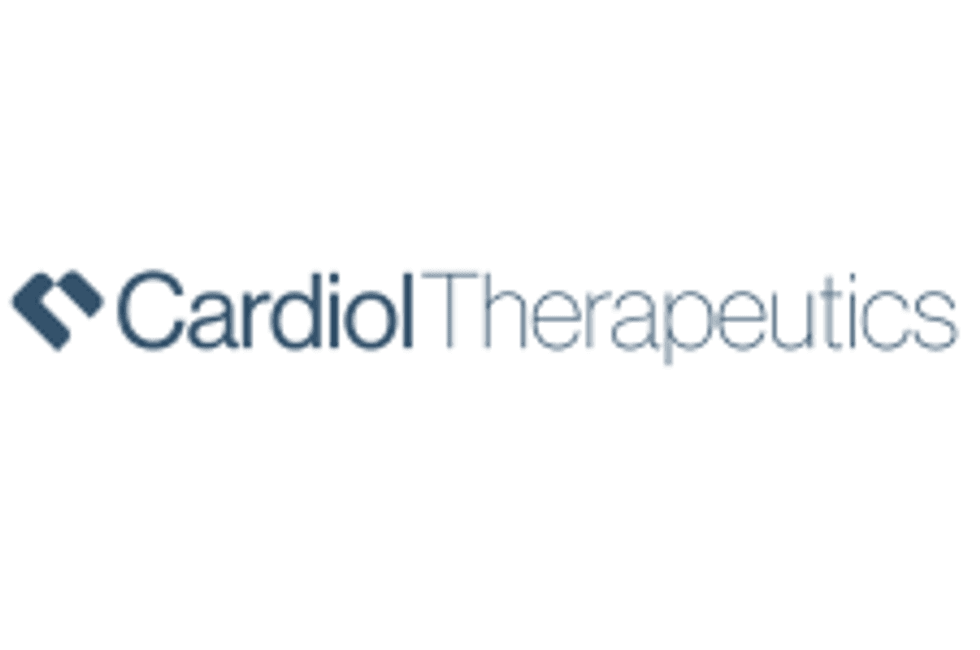Novartis Notches First FDA Nod Through New Oncology Review Pilot

Novartis’ Kisqali drug is the first approved by the US Food and Drug Administration (FDA) under its new oncology drug pilot, which aims to make the development and review of cancer drugs more proficient.
The US Food and Drug Administration (FDA) handed out its first approval through its new oncology review pilot to Novartis (NYSE:NVS) on Wednesday (July 18) for the company’s breast cancer drug, Kisqali.
According to the FDA’s press release, this approval is the first as part of two new pilot programs announced earlier in 2018 to simultaneously make the development and review of cancer drugs more proficient in addition to improving the FDA’s standards of evaluating efficacy and safety.
Kisqali is a drug that was first approved in March 2017 aimed to target women with hormone-receptor positive, human epidermal growth factor receptor-2 negative advanced or metastatic breast cancer.
“Compelling data for Kisqali have led to the broadest first-line indications of any CDK4/6 inhibitor,” Liz Barrett, CEO of Novartis Oncology said in the release. “With this new approval Kisqali has the potential to help even more people in the US live a longer life without progression of disease from this incurable form of breast cancer.”
According to Novartis’ press release, Kisqali is currently the only CDK4/6 inhibitor indicated for use with an aromatase inhibitor to treat pre/peri/or postmenopausal women in the US.
The FDA said in its release Kisqali was also approved in combination with fulvestrant for the treatment of postmenopausal women with HR-positive, HER2-negative advanced or metastatic breast cancer as initial endocrine-based therapy or if the disease progresses following therapy.
The efficacy of the drug in combination with an AI for pre/premenopausal women was done in a clinical trial of 495 patients who received Kisqali with an AI or a placebo and an AI. The FDA said the trial measured progression-free survival (PFS), which was longer for patients who took Kisqali plus AI with a 27.5 month average compared to those who received a placebo an AI, with a PFS average of roughly 13.8 months.
“With this approval, we’ve demonstrated some of the benefits of the new programs that we’re piloting for our review of cancer drugs, to improve regulatory efficiency while enhancing the process for evaluating the data submitted to us,” Scott Gottlieb, FDA Commissioner said in its release. ” These new programs were designed to reduce some of the administrative issues that can add to the time and cost of the review process, including the staffing burdens on the FDA.”
The Real Time-Oncology Review is the first of the FDA’s new pilot program, which allows the organization to review data earlier and after clinical trial results are available and the database is locked and before the FDA receives the information. This then permits the FDA to start analyzing the data sooner and give feedback on how companies can “effectively analyze” the data in order to answer standard regulatory questions.
Assessment Aid is the second program of the FDA that applicants use to organize its submission structurally to assist the FDA’s review of the application.
According to the FDA breast cancer is the most common form of cancer in the US, with the National Cancer Institute estimating roughly 266,120 women will be diagnosed in 2018 while 40,920 will die of the disease.
Following Wednesday’s announcement, shares of Novartis inched up slightly by 2.87 percent to close the trading session at US$80.96. Technical analysis on TradingView.com currently ranks the company as a “Buy” with 16 in favor of the stock, eight as “Neutral” and two as a “Sell.”
Don’t forget to follow us at @INN_LifeScience for real-time updates!
Securities Disclosure: I, Jocelyn Aspa, hold no direct investment interest in any company mentioned in this article.
